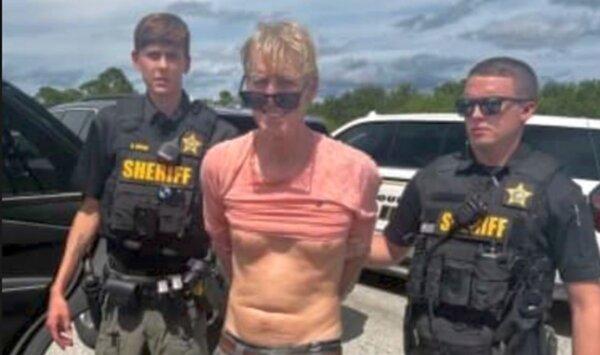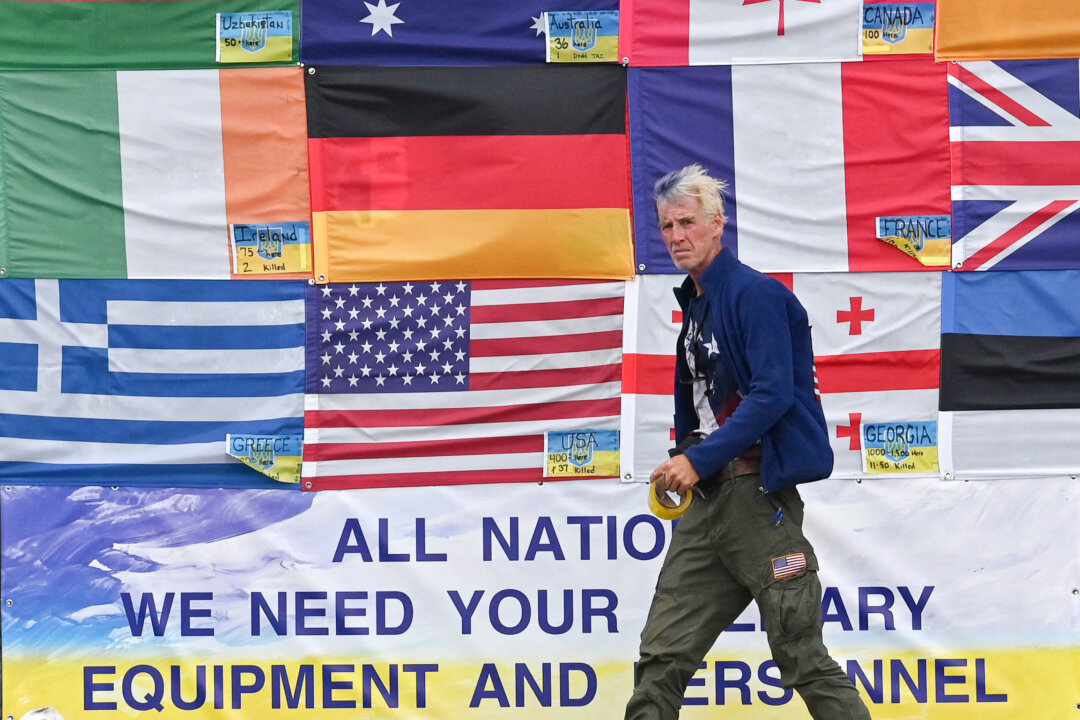Prosecutors have consulted with Ryan Routh’s defense attorneys, who do not object to the government’s request, according to the filing.
Federal prosecutors asked a Florida judge on Oct. 2 for an indefinite delay in scheduling the trial for the man accused of attempting to assassinate former President Donald Trump at his West Palm Beach golf course last month, citing the large amount of evidence that they still need to sift through.
Ryan Routh, 58, appeared in federal court on Sept. 30 in West Palm Beach, Florida, where he pleaded not guilty to multiple charges, including attempted assassination of a major presidential candidate, assaulting a federal police officer, and felony weapons charges.
Law enforcement officials allege that Routh, a roofing contractor, positioned himself with a rifle outside Trump International Golf Club in West Palm Beach on Sept. 15 while the former president was playing golf.
They further allege that Routh intended to kill the Republican presidential candidate but was discovered hiding near a fence by a U.S. Secret Service agent who opened fire on him.
Routh allegedly fled and was later arrested along a Florida highway.
In a filing with Florida District Judge Aileen Cannon, prosecutors said they still need to trawl through evidence concerning the second suspected assassination attempt on Trump in roughly two months.
Prosecutors asked Cannon to designate Routh’s case as “complex” to give them more time to sift through the evidence.
“Over the past two weeks, the United States has interviewed hundreds of witnesses,” prosecutors said in the filing. “It has also executed 13 search warrants in Florida, Hawaii, and North Carolina, and seized hundreds of items of evidence, including multiple electronic devices.”
More than 100 subpoena returns are also still pending, and officials have thousands of videos, still images, text files, and audio files to review, prosecutors said.
The FBI is still conducting forensic testing on multiple pieces of evidence; that includes ballistics testing, and fingerprint and DNA comparisons, according to prosecutors.
Based on preliminary results from some of the testing, the government anticipates that it will call several expert witnesses to testify at trial, prosecutors said.
“Pursuant to Rule 16 of the Federal Rules of Criminal Procedure, the government must provide expert witness disclosures sufficiently in advance of trial to provide the defendant a fair opportunity to meet the government’s evidence,” government prosecutors wrote in the court filing.
Concluding their request, prosecutors noted that the “reactive nature” of the prosecution means that the investigation of the case is still ongoing.
Prosecutors anticipate that additional witnesses will be interviewed, further evidence will be collected, and more records will be obtained via subpoenas and search warrants.
“The Government accordingly requests the Court designate this case as complex. … to allow the parties the time needed to adequately review the voluminous discovery and determine which motions need to be filed,” prosecutors concluded.
According to the filing submitted to Cannon, prosecutors have consulted with Routh’s defense attorneys, who do not object to the government’s request to indefinitely delay his trial date.

Authorities said they found an AK-47-style rifle, a bag of snacks, a digital camera, and bags containing metal plates meant to withstand return fire by the Secret Service at the sixth hole of the golf course, where Routh allegedly hid on the day of the apparent assassination attempt.
At a separate location, they also discovered a handwritten letter that he allegedly dropped off to another person months earlier, in which he referenced an attempted assassination on Trump, according to officials.
Routh’s attorneys suggested at a Sept. 23 court hearing that the letter may have been an attempt to gain publicity, pointing to what they called Routh’s efforts to promote democracy in Ukraine and Taiwan.
The incident in Florida marked the second apparent assassination attempt on Trump within roughly two months, coming after a gunman opened fire at a campaign rally in Butler, Pennsylvania, in July, killing one man and wounding two other rallygoers and the former president.
One of the bullets struck Trump’s ear.
The shooter, identified by law enforcement officials as 20-year-old Thomas Matthew Crooks, was killed by a Secret Service sniper.
Jack Phillips and Reuters contributed to this report.

